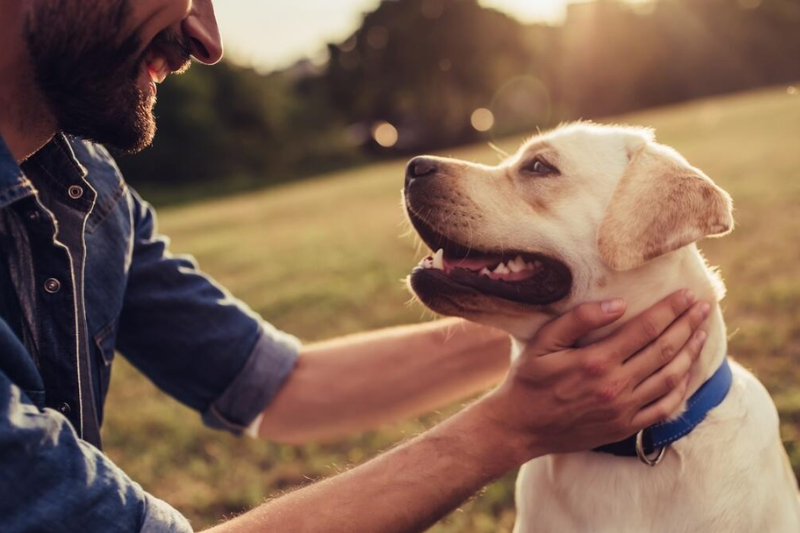Abu Dhabi’s new Animal Ownership System which was implemented by the Department of Municipalities and Transport (DMT) allows pet owners to register their dogs and cats as of right now.
To maintain biosecurity and protect the health of both pets and the general public, only registered pets will be permitted to enter veterinary clinics, animal care centres and pet-friendly public parks in the future.
Pet owners must renew their registration annually to align with their pet’s vaccinations, however they have a one-year grace period to finish their registration without incurring penalties.
There is no registration fee, all you need to do is schedule an appointment at your local veterinary clinic and the staff will help you with the process. Don’t forget to bring your Emirates ID, proof of residency, and your pet’s passport.
Is Pet Registration Mandatory?
The DMT states that although the legislation requires animal registration, individual pet owners are not currently required to use the Animal Ownership System.
However, pet stores, breeding facilities and shelters must register. If a person chooses to purchase or adopt an animal from one of these facilities, they will become the new owner of the animal and be responsible for any legal obligations.
Registration Process:
Bring your pet to the closest veterinary clinic in Abu Dhabi to register them. The Animal Ownership Certificate will be issued after a comprehensive inspection and any required vaccinations are given by the clinic’s staff. They will assist you with the registration procedure and make sure that all necessary data is appropriately entered.
You will receive a pet tag with a unique tag number after completing the registration process which you should attach to your pet’s collar. A sign alerting the presence of a dog will also be supplied for dog owners to place at the front door of their house. If you have a dog in your home, you are required by law to post this sign.
A mandatory component of the registration procedure is microchipping. It helps owners find their lost dogs by providing a permanent form of identification.






















